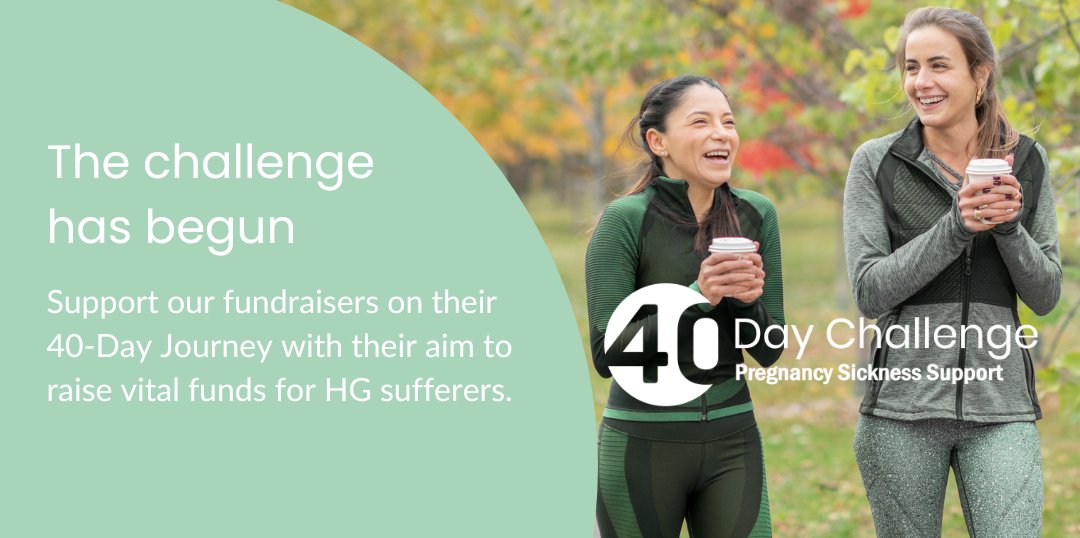Women receive many public health messages relating to pregnancy which are intended to improve outcomes for babies and mothers. However, negotiating the risk landscape and maternity care system can feel confusing and disempowering. Relationships between women and their healthcare providers are paramount, but they can be adversely affected by issues of trust and autonomy.
We aimed to gain an in-depth understanding of women’s lived experiences of pregnancy related risk messages and public health advice across a wide range of topics and issues.
Aims
1) To describe women’s lived experiences of risk communication relating to pregnancy in the United Kingdom and how this varies for:
- women with higher BMIs (>30 kg/m2)
- women who make decisions relating to medications, including for Hyperemesis Gravidarum, and for depression or anxiety
- younger women
2) To describe which aspects or topics relating to risk communication for pregnancy are problematic for women and why
3) To explore how women experience risk communication in terms of prioritising foetal and maternal health
4) To explore how women experience the communication of uncertainty and the precautionary principle as part of risk messaging
Participants received information about how to have a healthy pregnancy from a range of sources. In addition to their healthcare providers (HCPs), women sought out or received information from social media, the mainstream media, family and friends, often with contradictory messages.
Methods
We used a nested study design including an online survey and qualitative interviews to gain an understanding of women’s experiences of risk messages during pregnancy. We purposively sampled survey participants to ensure the interview population included women whose voices are seldom heard and are disproportionately impacted by poor risk communication.
Results
A total of 7,009 women responded to the survey, and 34 women participated in interviews. Participants received public health and risk messages from a range of sources. Data showed that women wanted a balance between a “better safe than sorry” approach and evidence-based information and advice. Women reported a discrepancy between the topics they received a lot of information on and areas in which they felt they needed more advice. Many participants said they were given conflicting advice, and the way information was delivered sometimes challenged their autonomy. We identified that younger women (<20 years old) and women with higher BMIs experienced stigmatisation in their maternity care.
Conclusions
Our research shows the importance of risk communication that respects women’s autonomy and trusts them to make decisions about their own pregnancy. We identified a need for a layered approach to risk communication. Whilst some women are happy to adopt precautionary behaviour without discussion, others will want a thorough examination of the evidence-base. Our findings suggest that more individualised care, continuity, and less judgement and stigmatisation from HCPs will improve experiences for women and may lead to better engagement with services.
Read more here



